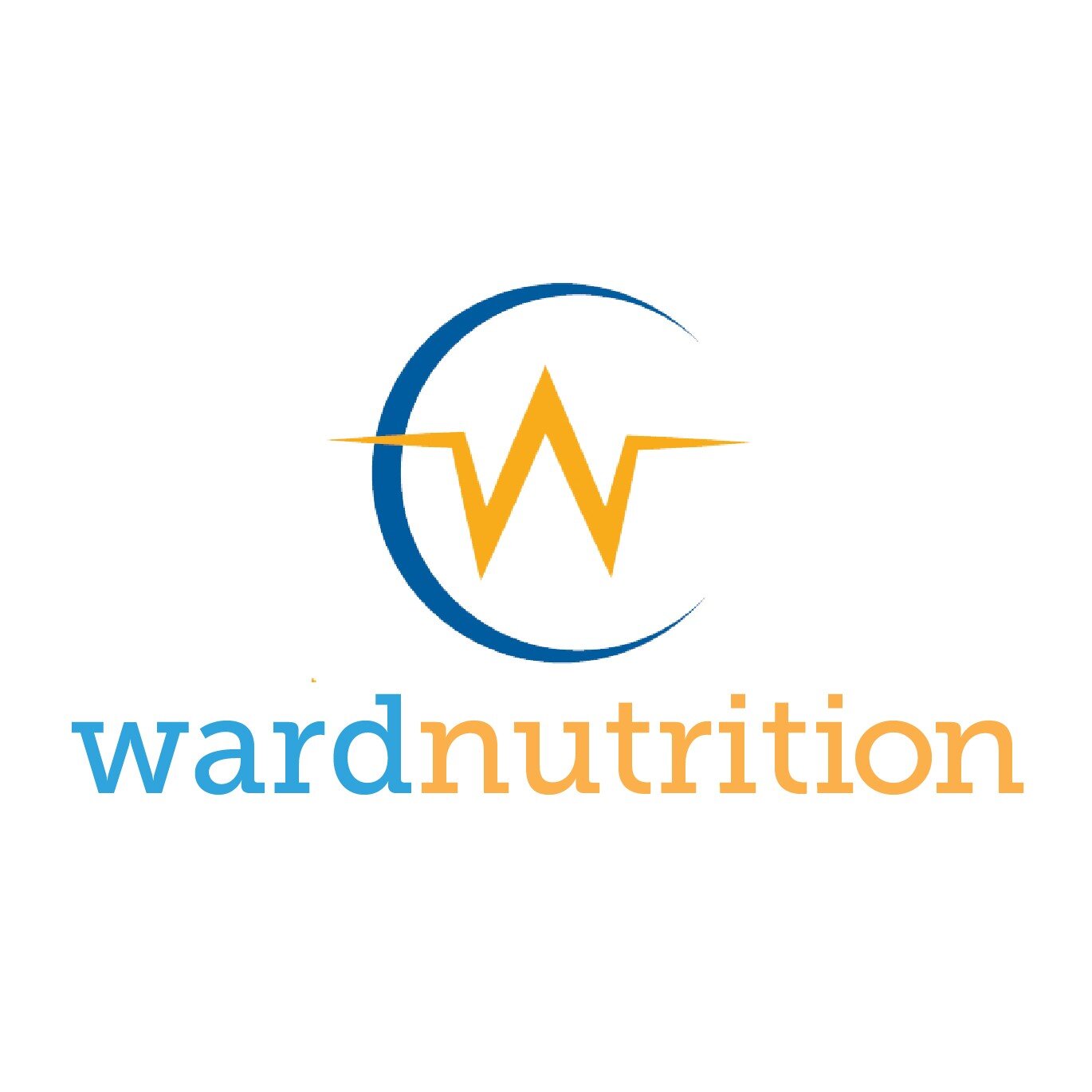The Lowdown on IBS and Diet
What is IBS?
IBS or Irritable Bowel Syndrome is a chronic gastrointestinal disorder thought to affect 7 – 15% of the population worldwide. Although not harmful IBS can cause a lot of discomfort and have a significant impact on one’s quality of life. Even though IBS is such a common condition, unfortunately it often goes undiagnosed.
Common symptoms of IBS:
· Abdominal pain associated with bowel movements
· Bloating and distension
· Excess wind
· Alternating bowel habits – i.e. constipation and diarrhea.
These symptoms and their severity can be highly variable among individuals and may also change and flare up over time.
Diagnosis of IBS:
IBS should be diagnosed by a medical doctor as it is important to rule out other causes of these abnormal bowel symptoms for example coeliac disease, inflammatory bowel disease, bowel cancer, diverticular disease, pelvic floor disorders and endometriosis.
What are FODMAP’s?
Fermentable
Oligosaccharides
Disaccharides
Monosaccharides
And
Polyols
Yes, you can see why we like to shorten this to FODMAP! In more simple terms FODMAPs are short chain carbohydrates found in some foods that our body does not absorb very well. The undigested carbohydrates attract water into our bowel causing it to expand slightly and this causes bloating and sometimes diarrhea. These FODMAPs will also make their way down to our large bowel where our gut bacteria ferment these FODMAPs and produce gasses. Bloating and gas actually are normal to experience as this means that our good gut bacteria are being well fed as FODMAPs have many good prebiotic fibres…. However, in the case of IBS, unfortunately you become very sensitive to this and this can cause pain, discomfort, excess wind and funny bowel habits (constipation or diarrhea).
There are different FODMAP subgroups which are all absorbed differently in the gut and people may react differently to each subgroup. These include:
Fructans – found in wheat, rye, onions and garlic
GOS - found in legumes, beans and pulses
Lactose – Found in dairy products i.e. milk, yoghurt, and soft cheese
Sugar Polyols (Sorbitol and Mannitol) - Found in some fruits & vegetables or added to diet or low calorie products (e.g. lollies, gum, soft drinks)
Excess fructose - Found in honey, mango, apples and high fructose corn syrup
The Low FODMAP Diet in the management of IBS Symptoms:
The Low FODMAP diet is a 3 phase diet aimed at finding a good balance between controlling your symptoms, enhancing your quality of life, and maximising variety in your diet.
PHASE 1: Low FODMAP Diet (2-6 weeks)
This phase aims to eliminate all high FODMAP foods and substantially reduce symptoms of IBS.
PHASE 2: FODMAP Reintroduction (6-8 weeks)
This phase involves challenges of each FODMAP subgroup to identify your individual symptom triggers. These challenges are essential so you don’t end up more sensitive by reducing gut diversity and avoiding foods unnecessarily. This is where you need to see a Accredited Practicing Dietitian, in particular one that is FODMAP trained to do these challenges correctly.
PHASE 3: FODMAP Personalization
This phase helps you understand your dietary triggers, avoid unnecessary restrictions and control your symptoms to a level you feel comfortable with.
Other factors influencing IBS
Yes, diet can play a significant role in the management of IBS symptoms… but many other factors also play a role, including physical activity, stress, alcohol and types & amounts of fibres you are eating. So it is best to talk to a health professional before making your own dietary changes.
Is the low FODMAP diet right for you?
So does this sound like you? Are you wondering whether the Low FODMAP Diet would help with your symptoms? It is important to know that the Low FODMAP diet may not be suitable for everyone and it can restrict certain nutrients if not done properly, therefore, it is best you do this under the guidance of an Accredited Practising Dietitian.
Are you currently on a Low FODMAP diet? Please remember the Low FODMAP Diet is not a long term diet! Yes your symptoms may significantly improve in the first phase of your low FODMAP diet but this can be very restrictive and you may be missing out on important nutrients. If you would like advice on personalising your low FODMAP diet, book in to see one of our Accredited Practising Dietitians at Ward Nutrition.
Our Dietitian Marley Matters as recently completed training with Monash University on the use of a low FODMAP diet for IBS and is now seeing clients in the Ward Nutrition Clinic in Orange. Please get in touch with us if you would like to make an appointment with Marley - WARD NUTRITION or call 5301 6435 and speak with our admin. If you would like some more information on food intolerances, click here.
References
American College of Gastroenterology Task Force on Irritable Bowel, S., et al., An evidence-based position statement on the management of irritable bowel syndrome. Am J Gastroenterol, 2009. 104 Suppl 1: p. S1-35.
Bohn, L., S. Storsrud, and M. Simren, Nutrient intake in patients with irritable bowel syndrome compared with the general population. Neurogastroenterol Motil, 2013. 25(1): p. 23-30 e1.
Sperber, A.D., et al., The global prevalence of IBS in adults remains elusive due to the heterogeneity of studies: a Rome Foundation working team literature review. Gut, 2016.
Monash University: https://www.monashfodmap.com/
